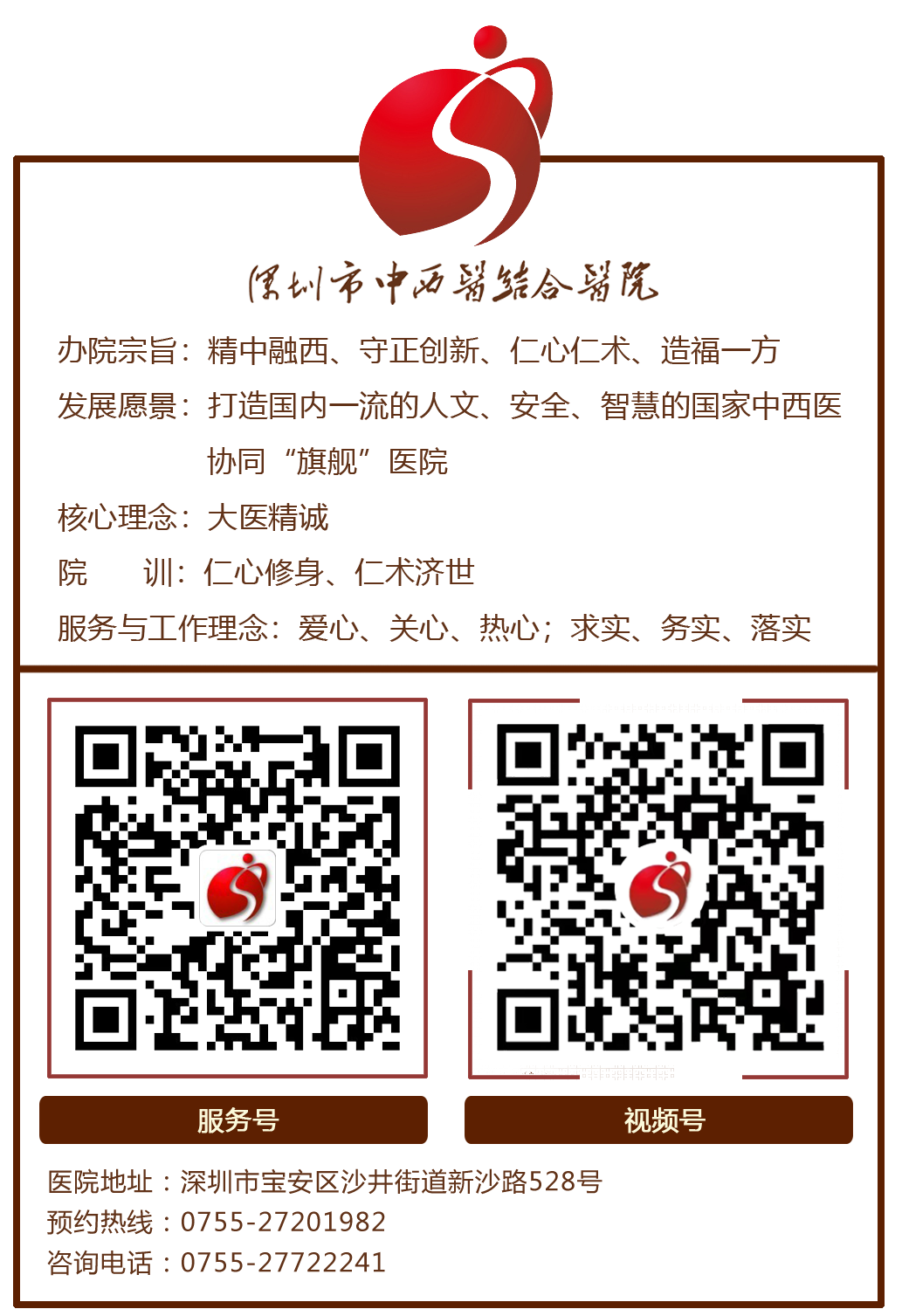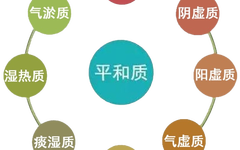In the vast population, there are 9 types of constitutions: 1 balanced and 8 imbalanced.Health maintenance should be tailored to one’s constitution; otherwise, it may backfire and increase the burden on the body.
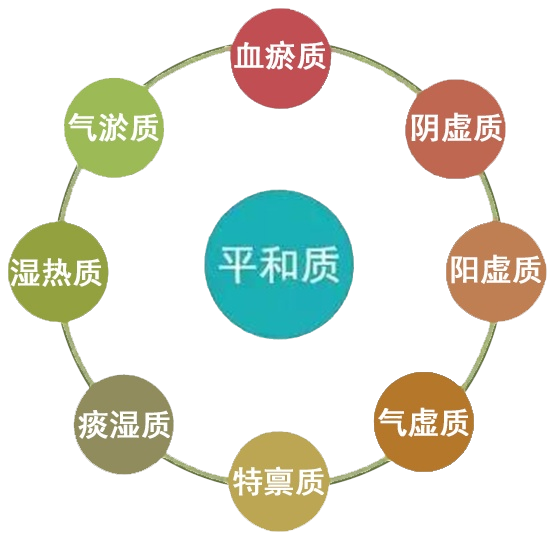
▲ Nine Types of Constitutions in TCM
Starting today, Director Xu Wenhua, an expert from our Preventive Medicine Center, will specifically introduce the identification and regulation of the nine types of constitutions in TCM. In this issue, let us learn how to identify and regulate the 【Qi Deficiency Constitution】.
 How to Identify Qi Deficiency Constitution
How to Identify Qi Deficiency Constitution
Individuals with Qi deficiency generally have soft and weak muscles, a low and weak voice, shortness of breath, reluctance to speak, and are easily fatigued with low energy. Their tongue is pale red with tooth marks on the sides, and their pulse is weak.
They are generally intolerant to wind, cold, heat, and dampness, prone to colds and organ prolapse, and recover slowly after illness. Typically, they have an introverted personality and dislike taking risks.
Apart from congenital factors, excessive fatigue, prolonged illness, weak spleen and stomach function, and poor nutrition are also factors contributing to Qi deficiency constitution.
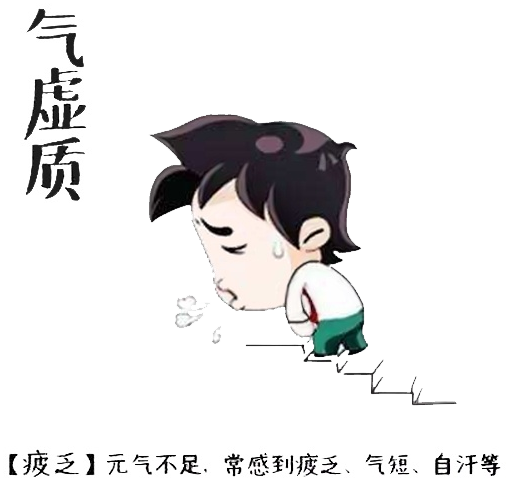
 How to Regulate Qi Deficiency Constitution
How to Regulate Qi Deficiency Constitution
【Regulation Principles】Tonify the middle and benefit Qi (tonifying the spleen and stomach). The spleen is the source of Qi and blood production, being the “foundation of postnatal life”. By benefiting Qi and tonifying the spleen, it can enhance the body’s digestion and absorption of nutrients. When Qi and blood are sufficient, it can correct the body’s Qi deficiency state, thus achieving the goal of tonifying Qi.
【Dietary Regulation】Consume red dates and yam, and eat more foods that benefit Qi and strengthen the spleen, such as soybeans, white lentils, and chicken, while reducing intake of hollow vegetables and raw radishes.
【Suitable Medicinal Dishes】Huang Qi (Astragalus) chicken and yam porridge.
【Exercise Regulation】Walking, practicing Tai Chi or Ba Duan Jin, swimming, and cycling are suitable.
【Herbal Regulation】Commonly used herbal formulas include Si Jun Zi Tang (Four Gentlemen Decoction) and Bu Zhong Yi Qi Tang (Tonify the Middle and Benefit Qi Decoction).
【Emotional Health】Maintain an optimistic mood, love life, and have interests and goals.
 What Suitable Techniques Can Intervene
What Suitable Techniques Can Intervene
1. Gua Sha (scraping) on the back corresponding to the lungs and spleen-stomach area along the spine.
2. Abdominal warming and scraping.
3. Moxibustion at Yin Ling Quan (Yin Ling Spring) and Zu San Li (Stomach 36), and acupressure on Bai Hui (Governing Vessel 20).
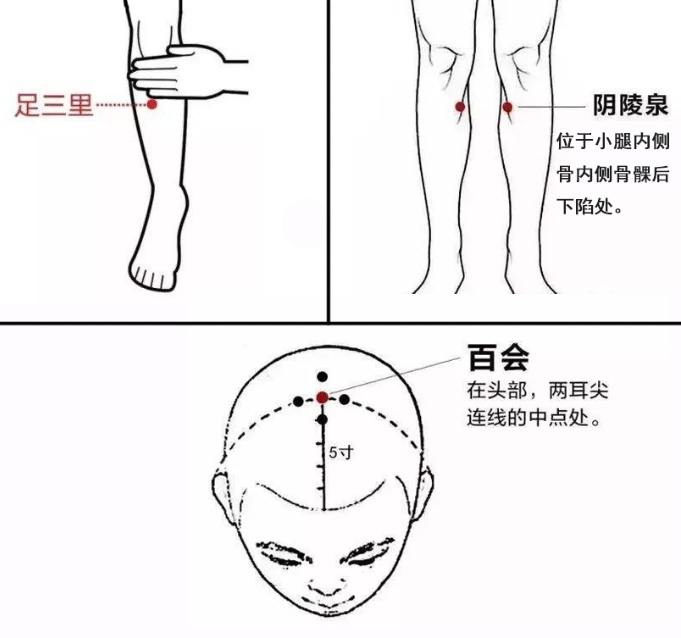
Note: TCM therapies should be selected under the guidance of a physician.
 Introduction to the Preventive Medicine Center
Introduction to the Preventive Medicine Center
The Preventive Medicine Center has been certified by the Guangdong Province 4A-level preventive medicine service. The department adheres to the philosophy of “preventing disease before it occurs, treating disease early, and preventing changes in existing diseases,” fully utilizing the advantages of TCM to provide comprehensive services for prevention, health care, treatment, rehabilitation, and wellness throughout the life cycle.
Specialized regulation projects include: nine types of constitutions, sub-health, chronic fatigue syndrome, headaches, insomnia, hyperuricemia, TCM regulation for women, prevention and treatment of prediabetes, and TCM intervention for simple obesity.
Click here to make an appointment ➤Preventive Medicine Center
Expert Introduction
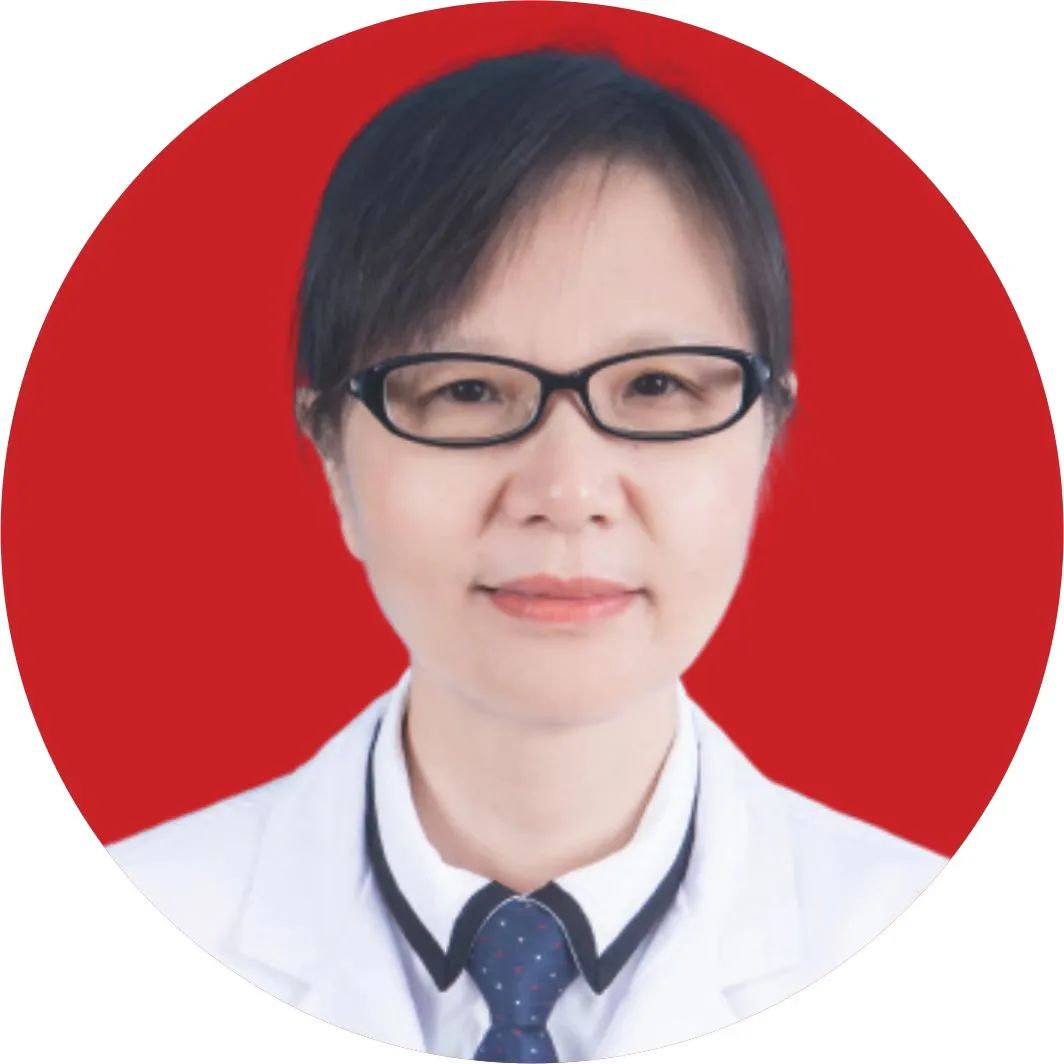 Xu Wenhua
Xu Wenhua
Director of the Preventive Medicine Center, Chief Physician, Professor, Master’s Supervisor, a disciple of the renowned TCM physician Chen Ruquan, and a nationally recognized talent in TCM clinical practice. He has nearly 30 years of experience in clinical, teaching, and research work.
Specialties: Integrative diagnosis and treatment of diabetes and its complications, thyroid diseases, obesity, metabolic syndrome, gout, osteoporosis, pituitary diseases, and TCM treatment of gynecological disorders (postpartum issues, menstrual disorders, infertility, polycystic ovary syndrome, menopausal syndrome) with rich clinical experience. He also has extensive experience in the prevention and treatment of chronic diseases, TCM constitution regulation, and treatment of difficult and miscellaneous diseases.
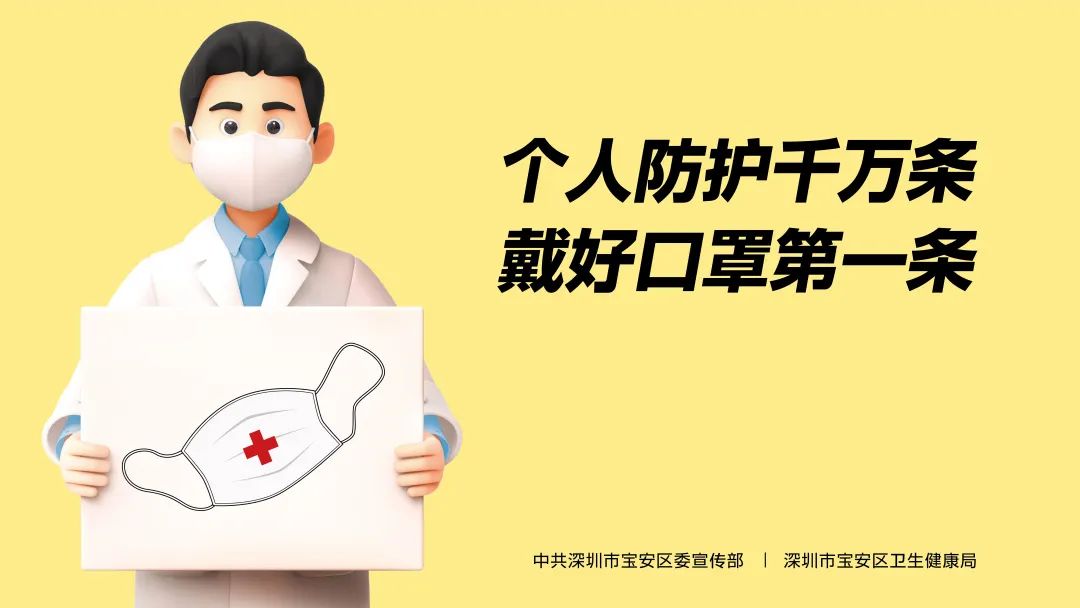
Contributed by: Xu Wenhua
Edited by: Liao Guoling
Reviewed by: Lin Minwen
Some images in the text are sourced from the internet, and the copyright belongs to the original authors. Our hospital’s WeChat public account is dedicated to public welfare promotion and has no commercial purpose. If there are any textual, image, or video design infringements or violations, please inform us promptly for deletion.
